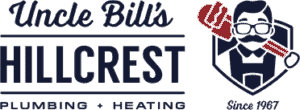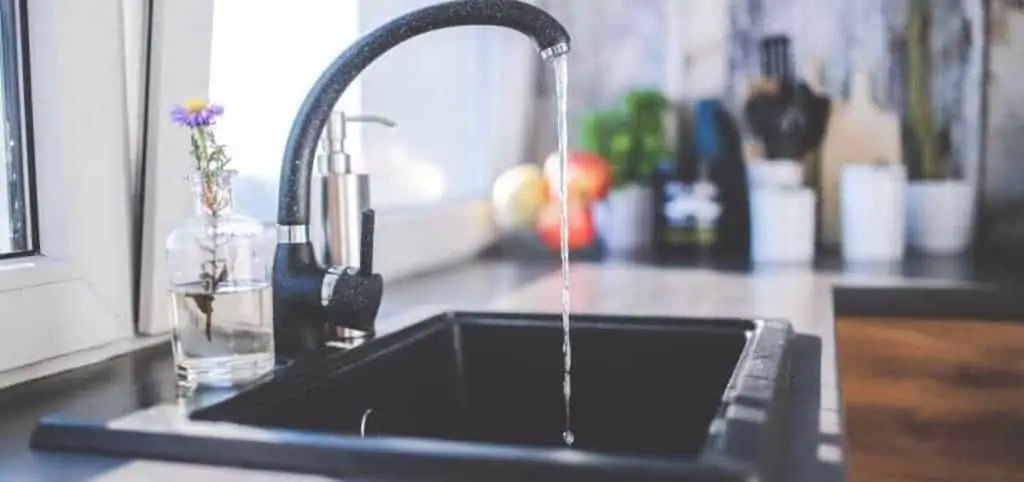Your kitchen sink may seem like a bottomless pit for discreet disposal. We pour spoiled milk down the sink, dirty dishwater, yesterday’s soup and a plethora of other things.
However, there are certain things that you should never pour down the sink. Your kitchen sink is connected to several pipes that allow water to flow to your kitchen, and also drain out. But where does this drain lead? And how easily can this drain get plugged?
The answers are simple, you can plug your kitchen sink easily when you pour the wrong things down the drain. You can also harm the environment when you pour the wrong materials down the drain. They can leach into the sewage system, and subsequently our rivers and oceans. So here is a list of things you should never pour down the drain.
Grease
Grease is tempting to pour down the drain, but it is actually very harmful to both your pipes and the environment. All restaurants in the Vancouver area must abide by strict grease disposal standards and your home kitchen is no different. Keep all used grease in a container and let it harden. Once it is more solid, throw it in your green bin instead.
For larger amounts of grease, you will have to contact a grease recycling company. You can learn more about recycling grease in Vancouver here.
Grease will harden in your pipes and create some pretty bad blockages if left for too long. This leads to clogged pipes and backed up sewers, and a sticky, expensive mess in general. This happens on a larger scale as well when restaurants pour grease down the drains. It can end up costing the city thousands of dollars.
Coffee Rinds
Coffee rinds seem small and harmless. They are easily washed away if they are left in the sink. However, like grease, coffee rinds can clog your drains. In larger quantities, coffee rinds act like sludge and clog your pipes. You can properly dispose of coffee rinds by placing them in your green bin and using them in composting.
Paint Thinner
Paint thinner is a highly toxic material. It should not be flushed down the sink for obvious reasons. It also should never be put in the garbage or recycling. You should avoid breathing the smell of paint thinner, it is toxic and can be harmful to your body and the environment.
When you are painting your home or business, try to choose a more environmentally friendly product instead. It is a good option to use a water-based (latex) paint or varnish that reduces the need for thinners in general.
Take paint thinner to a certified disposal depot. In the City of Vancouver, you can take your paint thinner to a ReGeneration depot. Paint thinner is an accepted product at this specialized recycling depot. You should never throw paint thinner out or try to recycle it on your own.
Medications
Old medications can pile up in your kitchen cabinets. You may think that simply flushing them down the sink is a quick way to get rid of them. However, it is a much better idea to recycle your old medications. Learn how to recycle medicine instead, at the British Columbia Medication Returns Program.
Anti-Freeze
Anti-freeze is considered a hazardous material in British Columbia. Used anti-freeze can contain harmful chemicals and minerals from your car. If you take it to a recycling plant, it can be refined, purified and reused. There are several recycling programs for used anti-freeze and anti-freeze containers.
They allow you to drop off your anti-freeze for free and they recycle it for you. Learn more about how anti-freeze is recycled in Vancouver, never wash it down your sink.
Food Scraps/Bones
This may seem like an obvious point. You can garburate smaller, soft food scraps, however, the majority of food scraps and bones especially should never go down the sink. This can be tricky, especially if you wash your dishes by hand instead of in a dishwasher.
The best way to avoid accidentally washing food scraps down the sink is to keep your sink grate on at all times. This filters out larger scraps so you can place them in your composting bin instead. You should also always brush food scraps into your compost bin before you place your dishes in the wash.
Bone and food scraps can create harmful blockages in your plumbing system, as food will build up over time. If you notice a bad smell coming from your sink, you likely have old food waste rotting in your pipes. To avoid this, brush food scraps into the compost bin instead!
Pesticides And Flammable Liquids
Pesticides from gardening and other flammable liquids like gasoline are harmful to both humans and the environment in large quantities. Never wash anything flammable down the sink. You need to take these liquids to a certified recycling drop off depot in BC. To learn more about where to dispose of your flammable materials visit the Regeneration program website.
Contact Your Plumber
At Hillcrest Plumbing, we have over 50 years of experience working in the plumbing and heating industry. If you are having difficulties with the plumbing in your sink, give Hillcrest Plumbing a call.

